Al-Qaeda’s second-in-command KILLED in Iran

Abdullah Ahmed Abdullah, one of the masterminds behind the deadly 1998 attacks on U.S. embassies in Africa who went under the pseudonym Abu Muhammad al Masri, was shot and killed on Aug. 7, which coincided with the anniversary of the bombings. One of the prominent US news publication has claimed that he was killed by the Israeli agents in Iran on the behest of US.
Local witnesses confirmed the presence of two motorcyclist assassins fleeing from the scene after killing Al-Qaeda mastermind.
On the other hand, Iran’s foreign ministry spokesman Saeed Khatibzadeh denied the assassination and urged people “not fall into the trap of American and Zionist officials’ Hollywood scenarios.”
Semi-official Iranian news agencies were reporting the murders of a Lebanese academic called Habib Dawood with ties to the Lebanese group Hezbollah — and his daughter, Maryam. There was no explanation of the killings, and no arrests reported.
His daughter Miriam, the widow of Osama bin Laden’s son, Hamza bin Laden, was also killed in the shooting. The extent of the involvement of the U.S. in the assassination is unknown.
At the time, Iranian state media reported that the victim of the shooting was Habib Daoud, a Lebanese history professor, and his 27-year-old daughter Maryam. The Lebanese news channel MTV reported that Daoud was a member of Hezbollah, the Iran-backed terror group in Lebanon.
So the fog remains thick over this matter. But it is important to note that it was reported that there was no Lebanese academic with that name or spellings. The report also claimed that chatter about victim being Al-Qaeda second in command began in October on social media circle. More interesting fact is that hours later the incident, Iranian media stopped mentioning the name of victims.
It was believed that al Masri was second in command behind leader Ayman al Zawahiri.
The location of al Masri’s assassination is somewhat surprising given that Iran, a Shiite country, and al Qaeda, the militant Sunni group, are enemies.
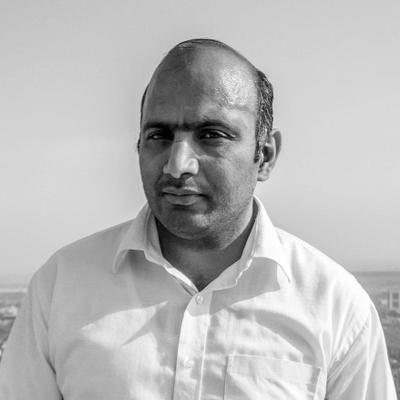
Shahzad Masood Roomi is founding member and, editor security and geopolitics at GCW. He is IT graduate and has more than 10 years experience of being a geopolitics and defense affairs analyst. He focuses on IR, geopolitics, strategic studies, maritime security, cybersecurity issues, military aviation, history and geography. His work has published in national and international media outlets.
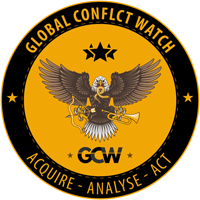
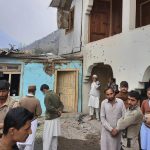
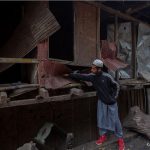
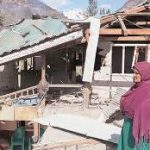
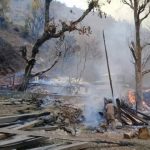
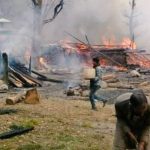
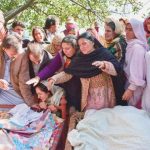
Comments